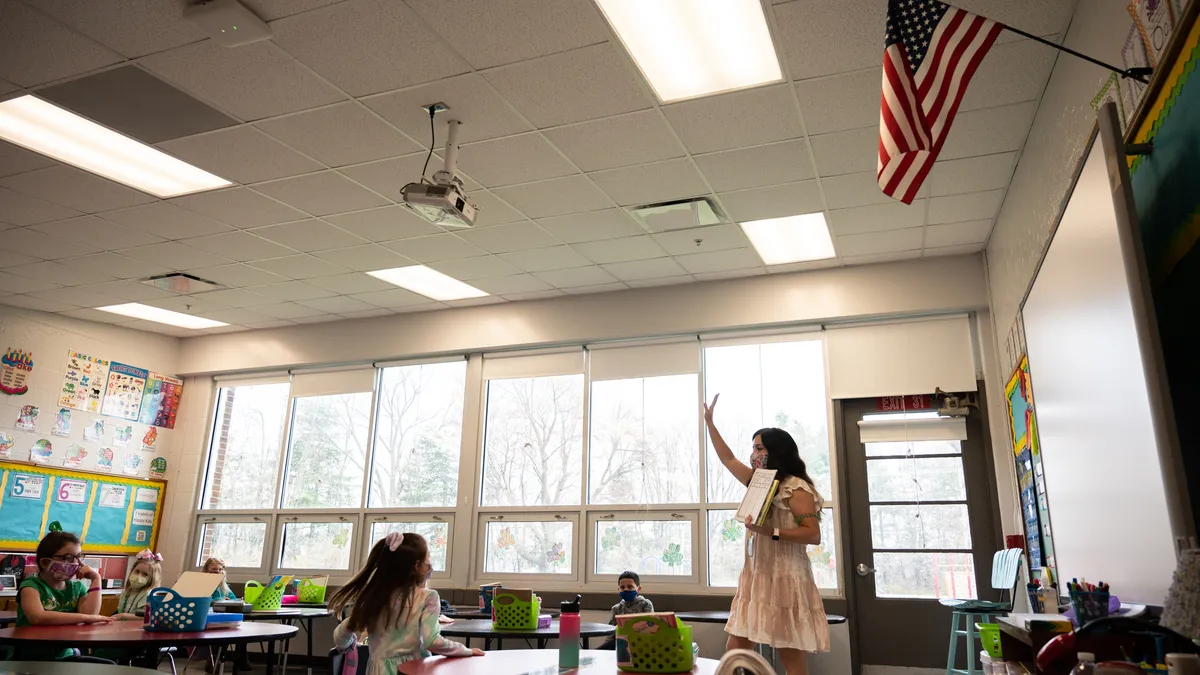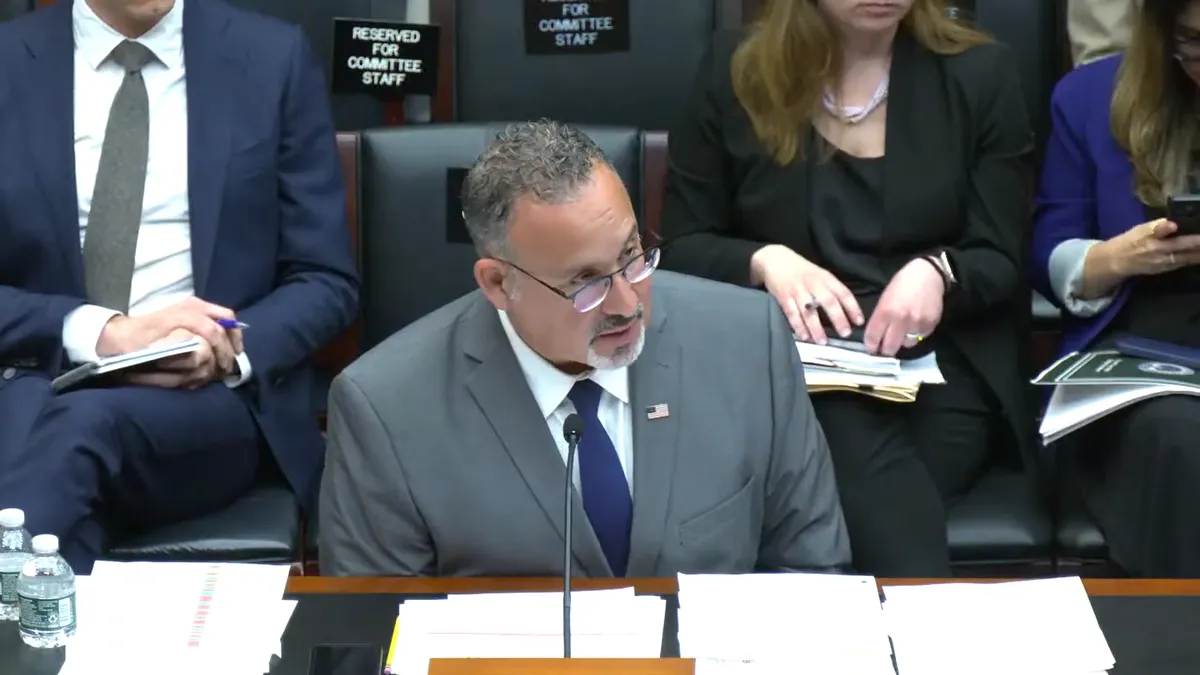The lagging number of state policies addressing teacher shortages is exacerbating poor academic outcomes for the growing population of students with disabilities and English learners, according to a new report from the nonprofit National Council on Teacher Quality.
As just over two-thirds of students from both of those groups cannot read on grade level, the report released Tuesday said a big part of that challenge stems from the fact that states aren’t doing enough to support educators in special education and English language learning. For instance, only 17 states require that special education teachers pass an “acceptable” reading licensure test, while even fewer — five — mandate the same for those instructing English learners.
Additionally, NCTQ found that teacher preparation standards in both areas are disjointed, as most states do not explicitly mandate them. The nonprofit also pointed out that financial incentives for special educators and teachers of English learners can be useful in addressing critical shortages, but many states don’t offer additional compensation.
“Improving outcomes for students with disabilities and English Learners starts with access to effective teachers,” said NCTQ President Heather Peske in a Tuesday statement. “States have an imperative to tackle persistent special ed and English learner teacher vacancies with stronger preparation and better pay.”
To help states lower turnover rates and strengthen supports for teachers in special education and English learning, NCTQ recommends adopting policies that require aspiring teachers to work alongside teachers who are licensed in the same subject area. States should also mandate teacher and principal prep standards in special education and English learning, and all special educators and teachers of English learners should have to pass an acceptable reading licensure test, NCTQ said.
To incentivize teachers, NCTQ recommends that compensation be increased by at least $5,000 from base pay for teachers in both areas. Consistent, high-quality professional development for these teachers is also important, especially for those who are early in their careers.
Here are key figures from the NCTQ report that highlight the unique challenge states face when addressing shortages among special educators and teachers of English learners.
















































